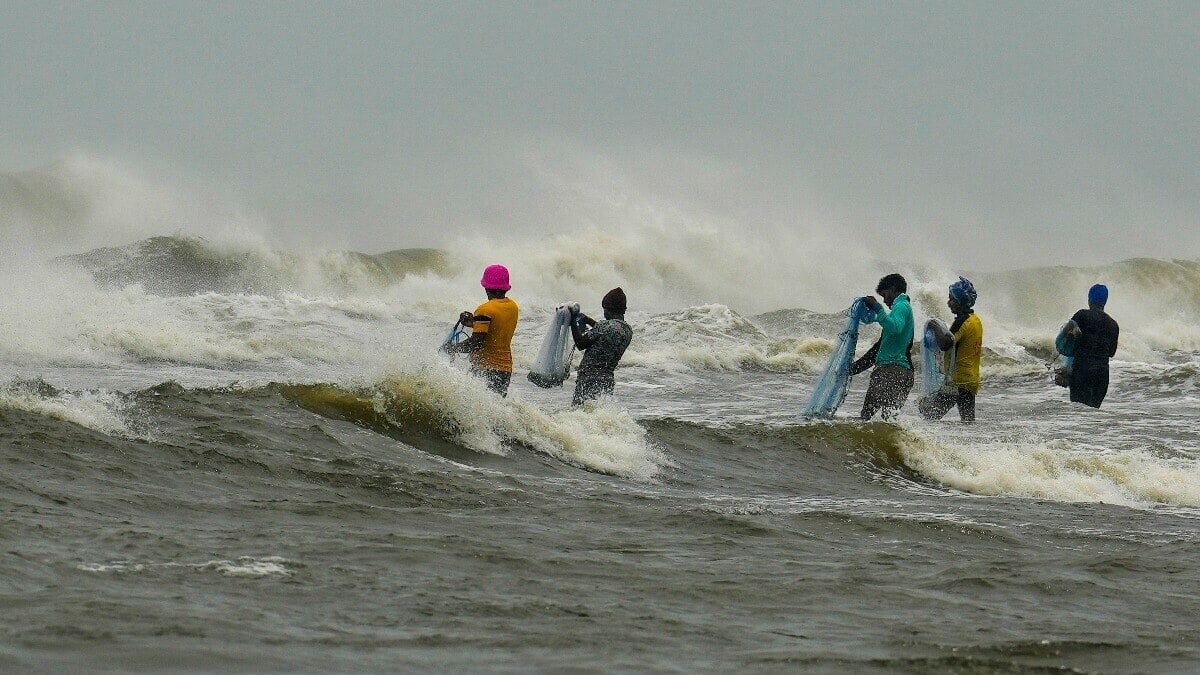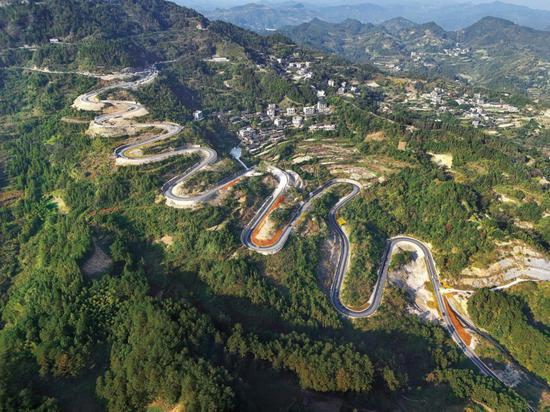
GRAND RAPIDS, Minn. — In his 40 years as a fishing guide, Jeff Sundin of Grand Rapids has seen the lake ice season shorten firsthand. “Without a doubt, the last several years, the arrival of cold weather in the fall definitely seems later than it used to be,” Sundin said, adding that there are still recent examples of years with good ice coverage.
Data backs that up. Ice coverage on Minnesota lakes has declined by an average of 10 to 14 days over 50 years, with ice-in dates about nine days later and ice-out dates moving four to five days earlier, the Minnesota Pollution Control Agency reported in 2021. The why — climate change — is known.

Minnesota winters are warming quickly. Duluth has seen winter temperatures rise 6.4 degrees between 1970 and 2020.
“Overnight minimum temperatures in the winter have gone up. We’ve seen that throughout the state,” said Pete Boulay, a climatologist at the DNR. “And if you don’t have the cold air around, you’re not going to form ice.
” But the effects of shorter lake ice duration? That hasn’t been studied as much. A research review published last month in the journal Science, co-authored by Ted Ozersky, an associate biology professor at the University of Minnesota Duluth and interim director of the Large Lakes Observatory, seeks to begin filling that knowledge gap. There’s no one reason for the lack of winter lake research.
Ozersky said researchers may not have ice safety training, and equipment and techniques are often not designed for the cold. Researchers often spend winters inside teaching, with the fieldwork season beginning in the spring, he said. “And finally, I think historically, there has been this sort of self-reinforcing cycle of ignorance, where people are not doing winter work,” Ozersky said.
“There are not studies about winter and lakes in the literature, so people assume that winter is sort of unimportant and boring, and they don’t do these studies.” At its most basic, even the date when ice forms on a lake — and stays all winter — is harder to come by than ice-out dates. Boulay once recorded historic ice-in dates for Minneapolis’ Lake of the Isles from the back of a cupboard in a mansion’s servant’s entrance.
“They’re tearing down the house and they say, ‘Get over here quick and write these down.’ ..
. I should have just taken the cupboard with me,” he said. Ozersky said the review seeks an audience of not just scientists but also interested members of the public.
“We’re still sort of in early stages of trying to catch up with summer research,” he said. “But we felt that at this point, there is enough to start saying some general things about what loss of winter means for lakes.” Among the review’s conclusions: Loss of lake ice will mean fewer winter kills on smaller lakes, meaning fish could establish themselves in once-fishless lakes, disrupting existing communities of invertebrates and amphibians.
More open water means more lake-effect snow and rain downwind of larger lakes, such as the Great Lakes. Ice cover increases a lake’s carbon retention and ice-covered lakes stay cooler all year, slowing methane production. Less ice means warmer lakes throughout the year, and warmer water fuels the potential for harmful algae blooms.
Ice can protect a shoreline from waves and erosion, and the loss of ice may mean more property damage, turbidity at water treatment intakes and eutrophication — excessive nutrients that can cause fish kills and algae blooms — near the lakeshore. However, the loss of lake ice and its environmental effects can also have cultural and societal consequences. Going forward, Ozersky said he expects research into lake ice to include additional social scientists “to try to understand how people are perceiving this and how people are experiencing these changes.
” In the meantime, Sundin said he’ll try to retain memories of robust winters spent ice fishing. “The best we can do is track and remember the stories to tell our grandkids,” he said..










